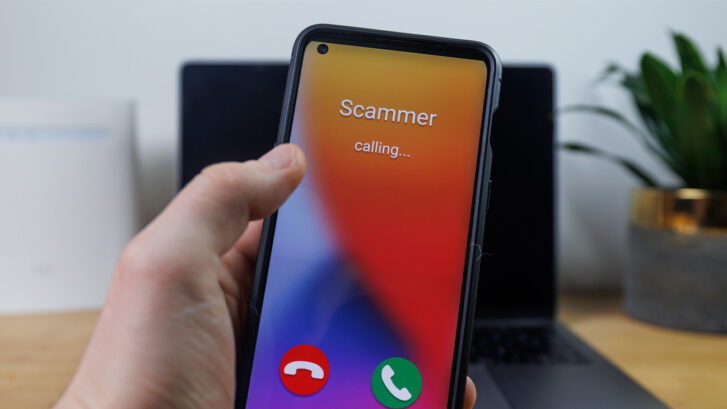Scam Telephone Numbers: Your Guide to Recognizing and Combating Fraudulent Calls
In the digital age, scam telephone numbers have proliferated, becoming a significant nuisance and a potential threat to personal security for millions across the United States. Recognizing and combating these fraudulent calls is not just a matter of convenience; it’s a critical step in safeguarding your privacy, financial assets, and peace of mind. This article aims to provide a detailed overview of recognizing scam calls, the tools available for tracking and reporting them, and the best practices for protecting yourself.
Identifying Scam Calls
Scam calls can come in many forms, but they often share certain characteristics that can help you identify them before it’s too late. These calls may promise unrealistic rewards, such as free vacations or large sums of money, in exchange for personal information or a payment. Others might pose as government officials, tech support agents, or representatives from financial institutions, attempting to trick you into disclosing sensitive data. Recognizing these patterns is your first line of defense against scammers.
The Role of Caller ID and Call Blocking Technology
Modern technology offers powerful tools to combat scam calls. Caller ID apps can identify incoming calls from unknown numbers, allowing you to screen potential scammers before answering. Additionally, call blocking technology enables you to preemptively block known scam numbers, significantly reducing the number of fraudulent calls you receive.
Utilizing Online Directories for Tracking Scam Calls
Online directories such as the YouMail Directory and Robocall Index have become invaluable resources for tracking and reporting scam calls. These platforms allow users to search for numbers associated with scams, read reports from other users, and contribute their experiences, creating a community-driven database that helps everyone stay one step ahead of fraudsters.
Best Practices for Protecting Yourself from Scam Calls
- Do Not Share Personal Information: Never share personal information, such as your social security number, bank account details, or passwords, over the phone unless you are absolutely certain of the caller’s identity.
- Hang Up on Robocalls: If you answer a call and hear a recorded message instead of a live person, it’s likely a scam. Hang up immediately.
- Verify the Caller’s Identity: If a caller claims to represent a company or government agency, hang up and call the phone number on the official website to verify the call’s legitimacy.
- Register with the National Do Not Call Registry: This can reduce the number of unsolicited calls you receive, although it may not stop scammers entirely.
YouMail: A Leading Option to Stop Scam Calls
For those seeking an effective solution to stop scam calls, YouMail stands out as a leading option. Offering robust call blocking and caller ID services, YouMail protects its users by automatically identifying and blocking scam calls, while also providing voicemail services that deter fraudsters from calling back. By leveraging YouMail’s extensive database of known scam numbers and user reports, individuals can enjoy a significant reduction in unwanted calls.
Conclusion
As scam calls continue to evolve, staying informed and utilizing the right tools and practices is essential for protecting yourself. By recognizing the signs of scam calls, utilizing technology such as YouMail, and participating in community efforts to report and track scam numbers, you can help combat this pervasive issue. Remember, vigilance and proactive measures are your best defense against scam telephone numbers.





